Открытый урок по английскому языку в 6 классе
«World of hobbies»
Цель урока: развитие навыков восприятия и понимания иноязычной речи на слух.
Задачи:
образовательная: создание условий для формирования у учащихся языковых и речевых умений по теме «Любимые занятия»;
воспитательная: повышение мотивации изучения английского языка;
развивающая: развитие памяти, внимания, мышления, воображения у учащихся.
Оснащение урока: аудиозапись, доска, мел, презентация.
Дидактическое оснащение: учебник «English6.Student’s book», Н.В.Юхнель; рабочая тетрадь «Workbook-2, 6», Е. Г. Наумова; наглядный и раздаточный материал.
ХОД УРОКА
Organizational moment. Good afternoon, children! Sit down, please! I hope you are ready to work hard at our lesson. As you guess today we’ll continue to talk about hobbies. We’ll also play a game and listen to a dialogue. I believe the lesson will be interesting for you and you’ll enjoy it. | 2 |
Warm-up. | 2 |
Checking homework (to learn new words by heart). Now we’ll play a game. We have two teams. Let’s see what team is better. You can see a presentation. Each team must choose a question: 1A, 3B, 2C. And you can get 10, 20 or 30 points for the answer. Let’s start. |
| A | В | c | D | | 1 | 10 | 10 | 10 | 10 | | 2 | 20 | 20 | 20 | 20 | | 3 | 30 | 30 | 30 | 30 |
| 11 |
10 — Translate: шахматы. 20 — Translate: фотографирование. 30 — Make up a question from the given words: is / what / hobby / your? 10— Translate: живопись. 20 — Translate: изготовление моделей. 30 — Make up a question from the given words: cycling / your friends / like / do / or / dancing? 10— Translate: активный. 20 — Translate: изучение языков. 30 — Make up a question from the given words: isn’t it / healthy / is / swimming / a / hobby? 10— Translate: ныряние. 20 — Translate: катание на велосипеде. 30 — Make up a question from the given words: likes / in the class / boxing / who? |
|
Practicing Now let’s repeat when do we use the verbs love, like, enjoy, hate, dislike, I think it’s OK! Now I will give each person a card with a hobby (using cards with hobbies). Your task is to speak about it using the next expressions: I love ... I dislike ... I think ... is OK. | 5 |
Moving activity | 3 |
Homework. — Let’s check up your hometask. What was your homework? Ex. 3, p. 74. WB. The keys: 1.They have two children. 2.The dog's real name is Bruno. 3. Lisa likes dolphins, clowns with glass faces and porcelain dolls. 4. Yes, they are. 5. Yes, she does. Her best friend’s name’s Jodie. 6. She loves going shopping, listening to music and going swimming. | 5 |
Main part. Listening. — What do you think Julia dislikes doing? Girl: My sister Julia has lots of hobbies. She loves keeping pets — she’s got a dog, two cats and three rabbits. She also likes sports: diving and cycling. She enjoys learning languages. Now she’s learning Russian. Can you imagine?! She thinks taking photos is OK, but she dislikes collecting things and she hates knitting. I don’t know why. 1 love knitting. Look at this pullover. I’ve made it myself! — Fill in the table, please. Pay attention to the use of the 3rd person singular in this exercise.
| loves/enjoys | likes | thinks it’s OK | dislikes | hates | |
|
|
|
|
|
| 12 |
Reflexion. -We’ve done a great job. Tell me what do you think about the lesson using cards.
| 1. The lesson was…. | interesting | boring | usual | | 2. There were… new things to me. | many | few | no | | 3. I was… at the lesson | active | passive | neutral |
| 3 |
The end of the lesson. - Look at the blackboard, please. - Your homework is ex.2 p.73. WB - Your marks are…. Our lesson is over. Thank you. Good bye! | 2 |

 Получите свидетельство
Получите свидетельство Вход
Вход



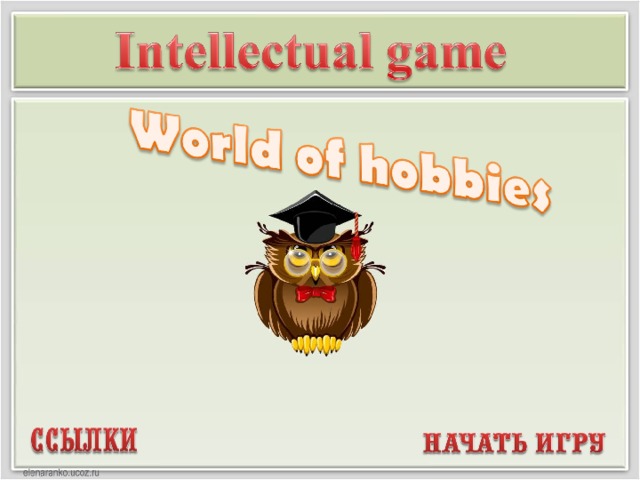
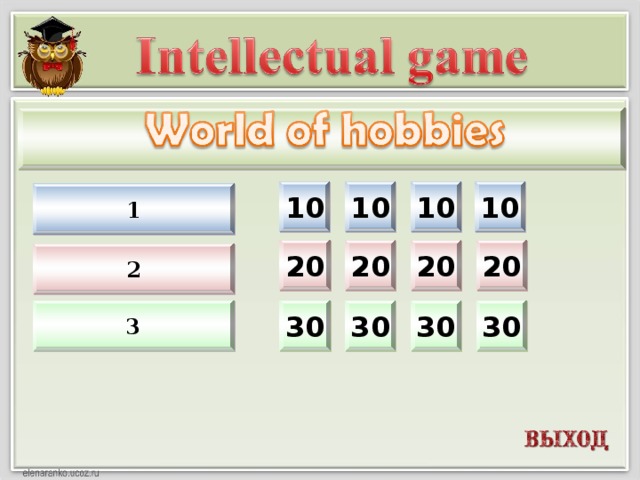
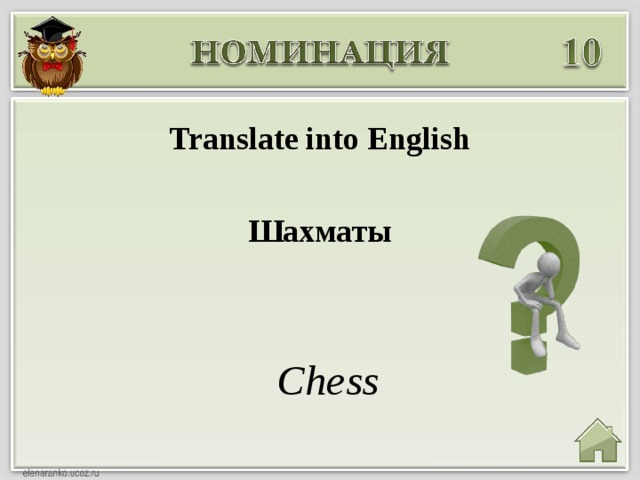
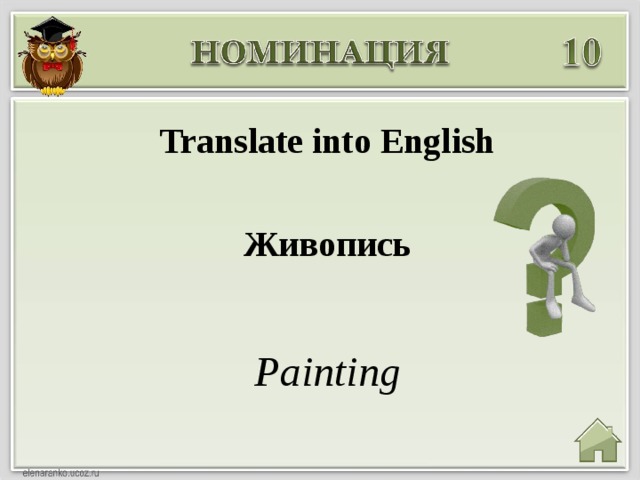
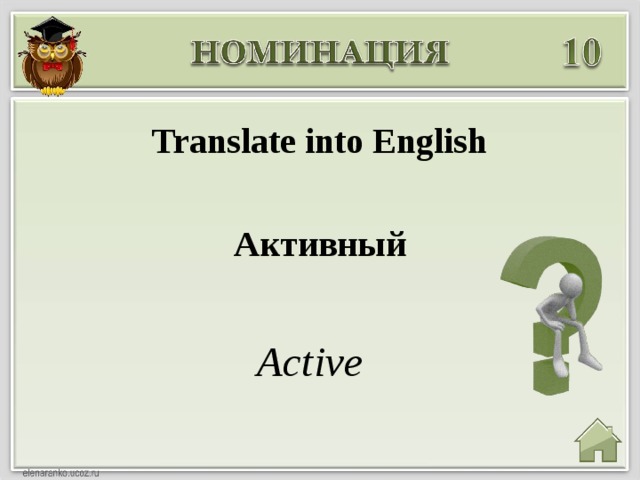
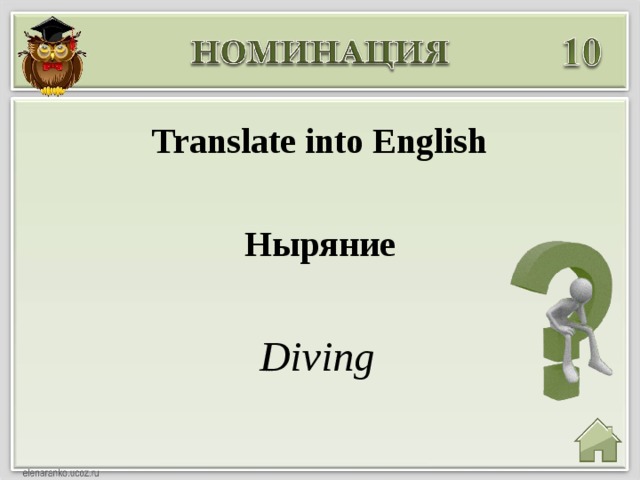
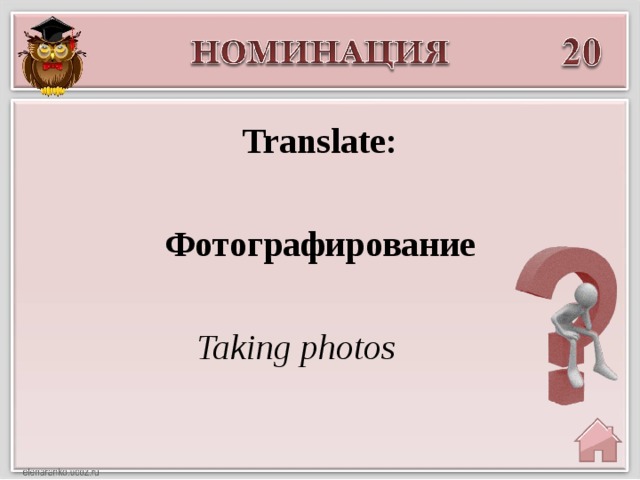
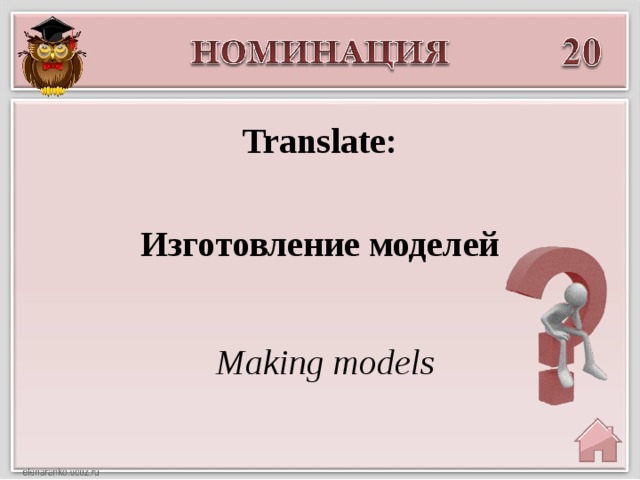
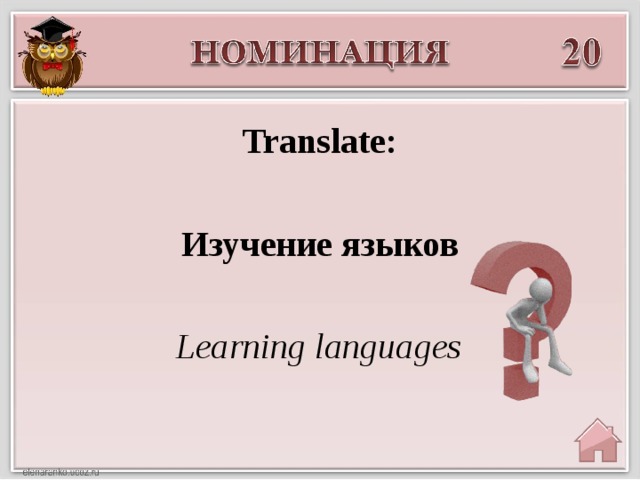
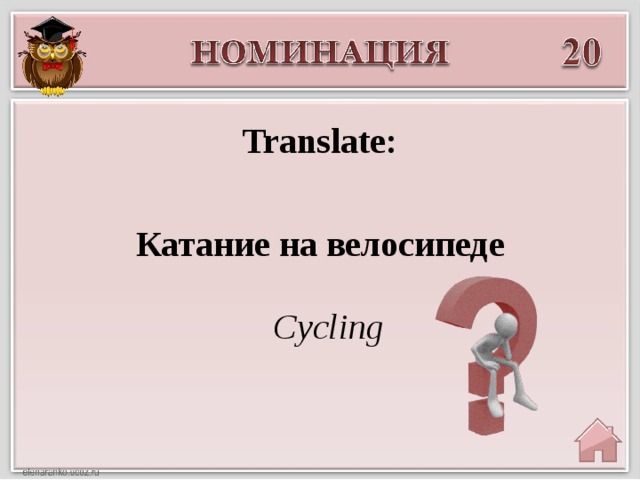
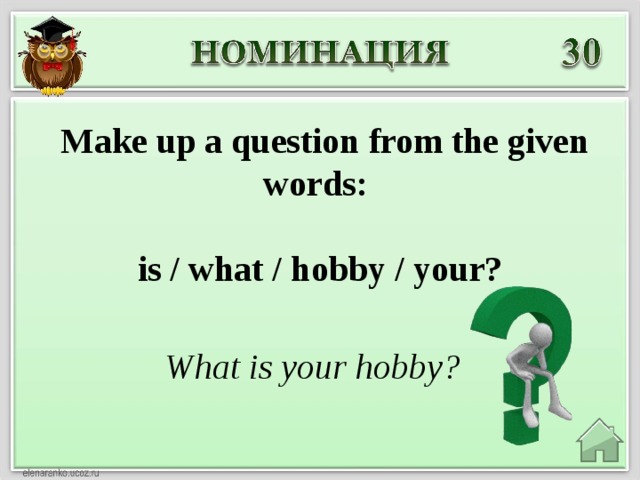
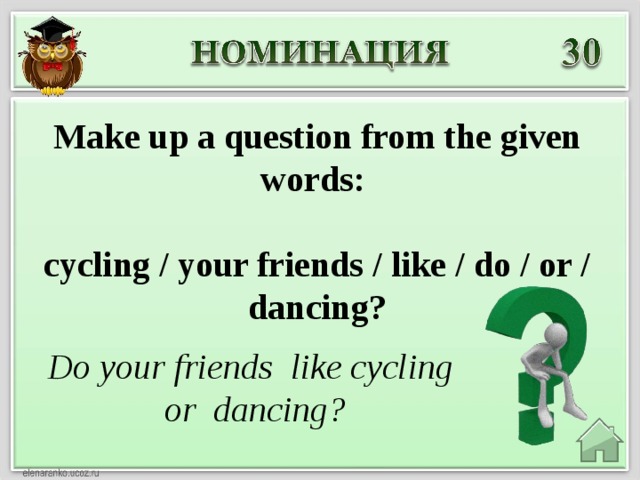
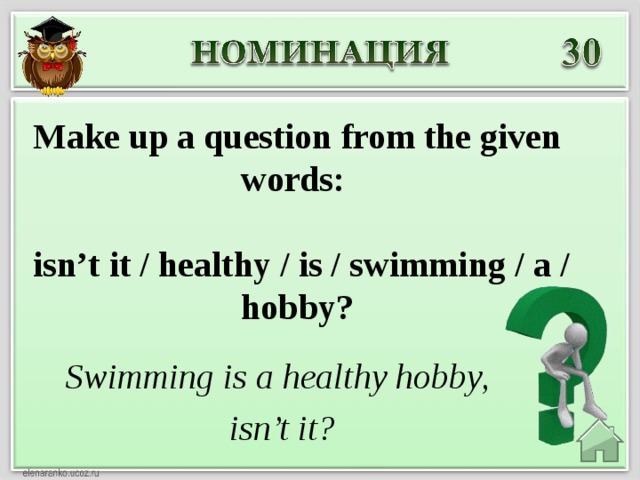
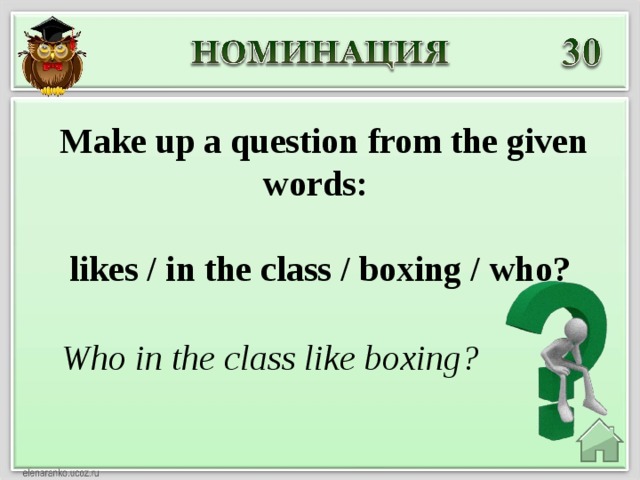









 World of Hobbies (1.61 MB)
World of Hobbies (1.61 MB)
 0
0 460
460 15
15 Нравится
0
Нравится
0



